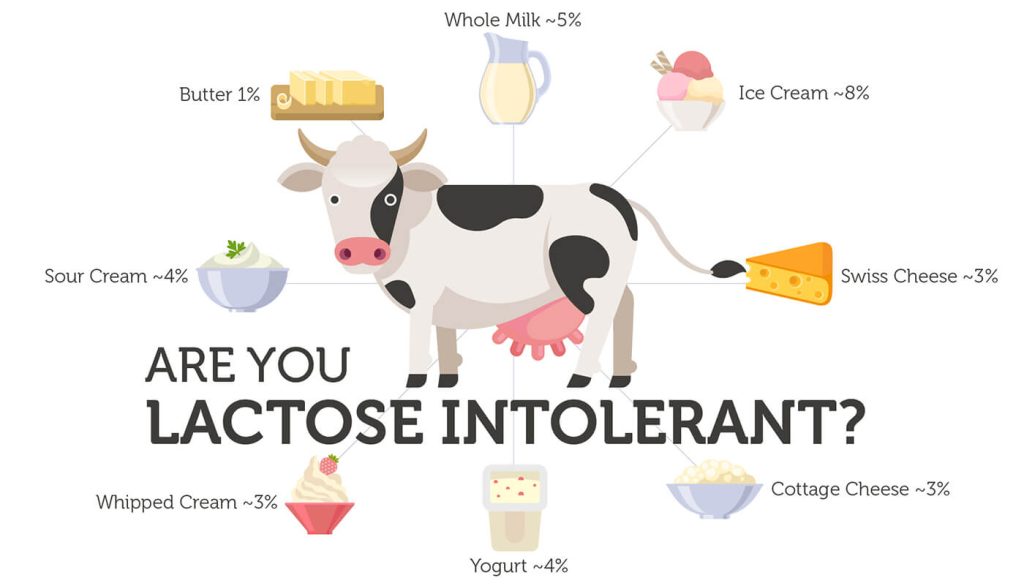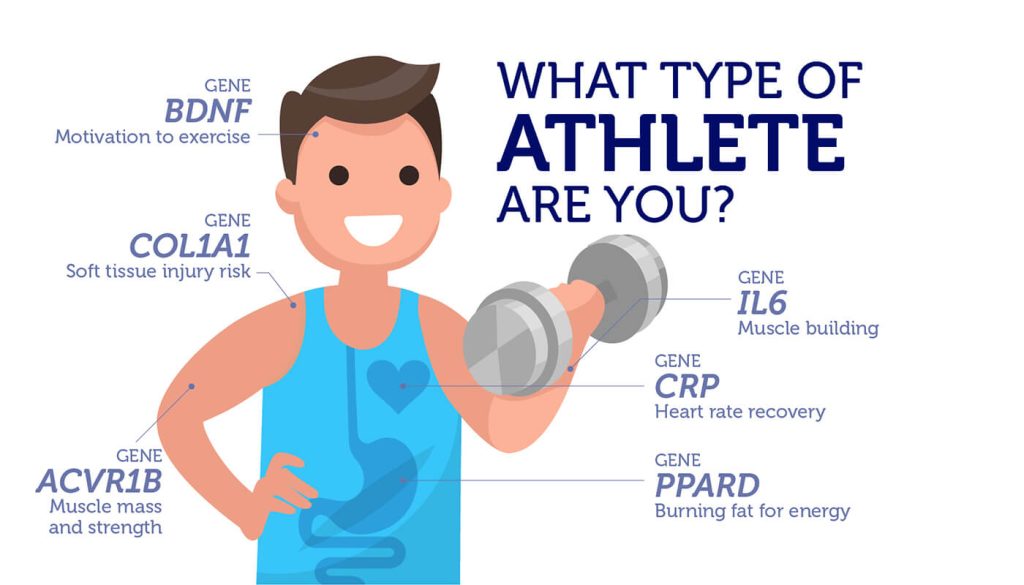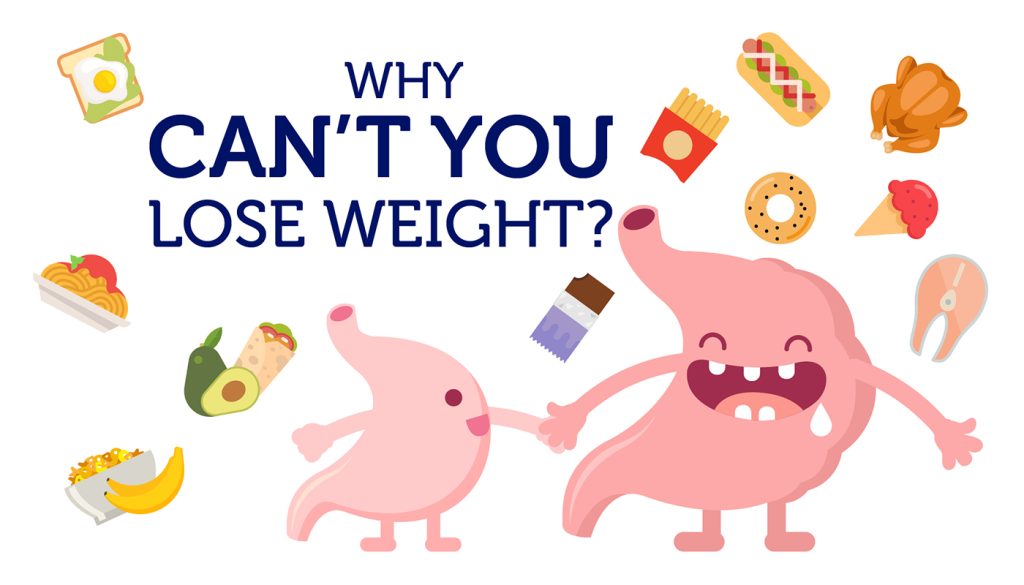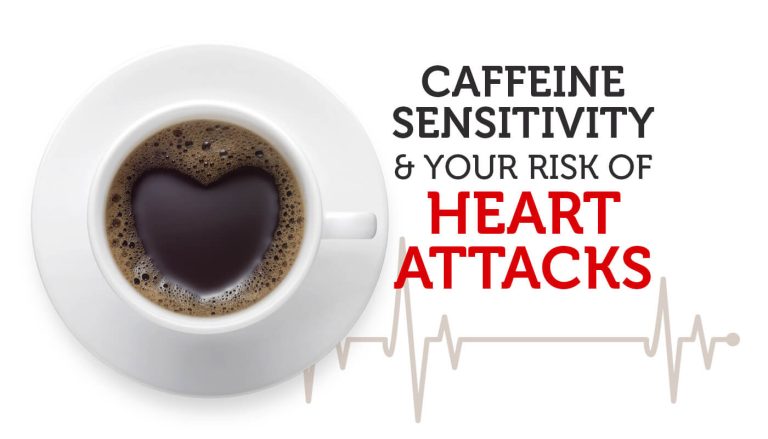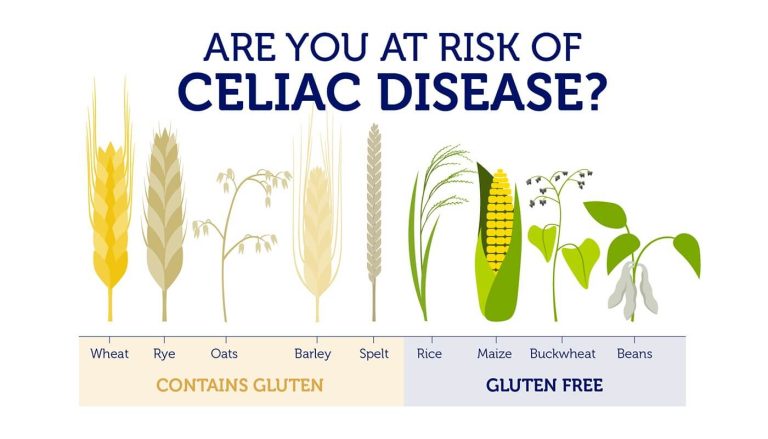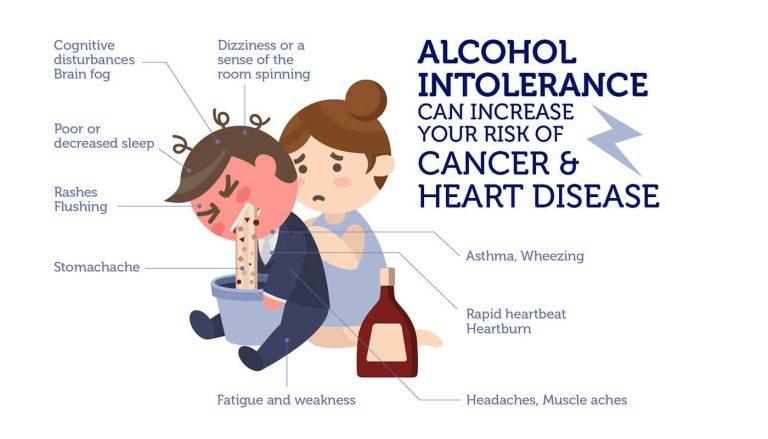Long ago, before the days of electricity, the lives of our ancestors were governed by light. They awoke at sunrise and went to sleep at sunset. Light not only helped set their internal body clocks, but also kept it consistent.
Today, we have the luxury of eating, sleeping and exercising anytime we want. Our body’s internal clock or “circadian rhythms” are anything but consistent. While external factors like light can influence these built-in clocks, at the core of these rhythms are the genes that control every aspect of our physiology.
The aptly named CLOCK gene is one such circadian gene that dictates our daily rhythm. Not only that, this gene is also associated with energy intake, making it an important factor associated with obesity risk.
Circadian rhythms
Every living thing, from animals to plants to bacteria follows a circadian rhythm. It’s usually a 24-hour cycle that tracks the rotation of earth around its axis. Circadian rhythms use zeitgebers or “time givers” to synchronize the internal clock with the outside environment.
Light is the main zeitgeber for people. Light activates a region in our brains called the suprachiasmatic nucleus. This sends out signals to set the rhythms of our eating, sleeping, metabolism, and even learning and memory. Many different proteins are required to not only establish these patterns, but also to maintain their consistency.
The CLOCK protein
The Circadian Locomotor Output Cycle Kaput (CLOCK) protein is one factor involved in maintaining the persistence and the periodicity of circadian rhythms. It does this by activating other genes, which govern vital aspects of our physiology like metabolism.
This means DNA changes that affect the activity of CLOCK can affect how long we sleep, our energy intake, our body mass index (BMI), and our propensity to obesity.
People who inherit the rs1801260 variant in the CLOCK gene are more likely to have higher BMIs. To add insult to injury, they are less likely to respond to dietary interventions, and have a much harder time losing weight. This “defective” version of CLOCK is also linked to an increased risk of cardiovascular disease and diabetes.
The same variant might be also be blamed if you are a night owl. Studies show that people with the rs1801260 variant are more active during the second part of the day, take longer to fall asleep and get less sleep.
We also know that interrupting sleeping patterns increases the risk of obesity. So, not only are the unfortunate people with the rs1801260 variant at higher risk for obesity through metabolism changes, but their risk is further enhanced by not being able to get enough sleep. You can find out if you are one of these people with the DNA Weight Loss Test, which includes the CLOCK variant.
The importance of maintaining our circadian clocks
We may have access to modern technology, and we may live longer than our ancestors, but we are definitely not doing ourselves any favors by interfering with our sleep-wake patterns.
CLOCK variants serve as a prime example of why eating and sleeping at the right times, as well as getting enough physical activity during the day, are crucial to maintaining a well-tuned body clock and staying healthy.
Perhaps it is time to stop defying processes that have taken our bodies thousands of years to perfect. Instead, we should embrace a life that will keep us as healthy as we possibly can by eating, sleeping and exercising when our body clock tells us to do so.




